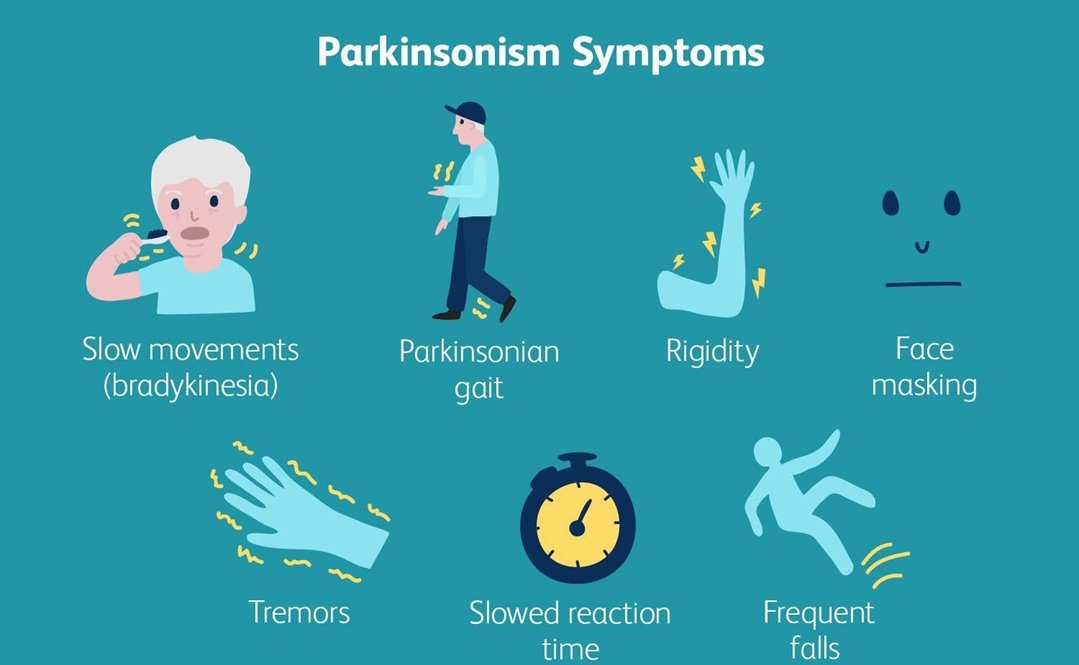A client is diagnosed with dementia that has progressed significantly. Which would be the priority for this client?
Education
Support
Safety
Cognitive interventions
The Correct Answer is C
Choice A reason: While education is important, it is not the priority for a client with significantly progressed dementia, as their ability to learn new information is likely impaired.
Choice B reason: Support is crucial for clients with dementia, but it is not the immediate priority in the context of safety concerns.
Choice C reason: This is the correct choice. Safety is the priority for clients with significantly progressed dementia due to increased risk of harm from confusion, wandering, and other behaviors.
Choice D reason: Cognitive interventions may be part of the treatment plan, but they are not the priority when compared to ensuring the client's safety.
Nursing Test Bank
Naxlex Comprehensive Predictor Exams
Related Questions
Correct Answer is B
Explanation
Choice A reason: Suggesting a move to a group home based on symptom presence may not be appropriate. Quality of life can be improved in various living situations, and the decision should be individualized.
Choice B reason: This statement is supportive and realistic, acknowledging that while symptoms may persist, quality of life can still improve with ongoing treatment.
Choice C reason: This question could be perceived as confrontational. It's important to discuss the treatment plan's value in a way that is supportive and understanding.
Choice D reason: The medical model aims to reduce symptoms, but it is not always possible to eliminate them entirely. Recovery involves managing symptoms and improving quality of life.
Correct Answer is ["A","C","D","E"]
Explanation
Choice A reason: Akathisia is characterized by restlessness and a constant urge to move. It is a common side effect of antipsychotic medications.
Choice B reason: Neuroleptic malignant syndrome is a rare but serious reaction to antipsychotic drugs and is not classified as an extrapyramidal symptom.
Choice C reason: Dystonia involves involuntary muscle contractions and spasms, often affecting the head and neck, and is a known extrapyramidal symptom.
Choice D reason: Tardive dyskinesia is marked by repetitive, involuntary movements, typically of the face and extremities, and is an extrapyramidal symptom that can occur after long-term use of antipsychotics.
Choice E reason: Pseudo-parkinsonism mimics symptoms of Parkinson's disease, such as tremors and slowed movement, and is an extrapyramidal side effect of antipsychotic medications.

Whether you are a student looking to ace your exams or a practicing nurse seeking to enhance your expertise , our nursing education contents will empower you with the confidence and competence to make a difference in the lives of patients and become a respected leader in the healthcare field.
Visit Naxlex, invest in your future and unlock endless possibilities with our unparalleled nursing education contents today
Report Wrong Answer on the Current Question
Do you disagree with the answer? If yes, what is your expected answer? Explain.
Kindly be descriptive with the issue you are facing.
